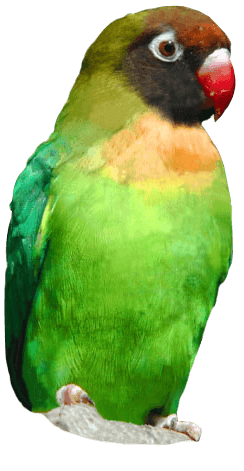
Five Flying Foxes Swoop in for Halloween
Also known as flying foxes, five fabulous Rodrigues fruit bats have swooped into Drusillas Park this week just in time for Halloween.
At eight years, Smee is the oldest amongst the new arrivals with Rufio, Peter and Bell next in line respectively. Tick Tock is the baby of the group and was born on 10th December 2010.
The batty bunch have been rehomed from Durrell Wildlife Conservation Trust in Jersey and Drusillas Park’s Head Keeper, Mark Kenward travelled to Gatwick airport to meet them off the plane.
These large bats are also known as flying foxes due to their size, fox-like features and furry bodies. They have bare black wings, which can have a span of up to one metre and they do not have a tail.
Unlike other species, Rodrigues fruit bats are relatively active during the day, particularly at sunrise and sunset. This is mainly because they have few predators from which they need to hide.
As their name suggests, they eat a variety of fruits such as apples, bananas, oranges, kiwis, melons, peaches and plums; they will also eat leaves and insects. They find their food using their sight and very keen sense of smell.
Rodrigues fruit bats are amongst the rarest bats in the world and in the wild they are only found on the island of Rodrigues, near Mauritius in the Indian Ocean.
In the 1970s there were less than 100 bats left in Rodrigues after a cyclone hit their island. However, with the help of captive breeding programmes, bats were released into the wild and today the population on Rodrigues stands at over 4000.




